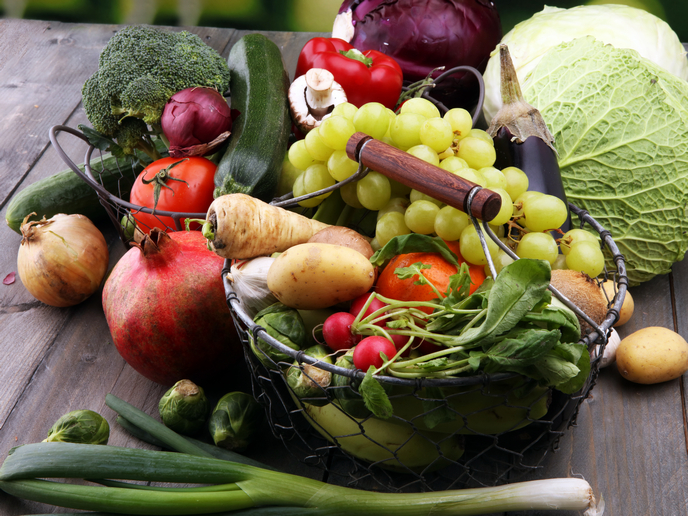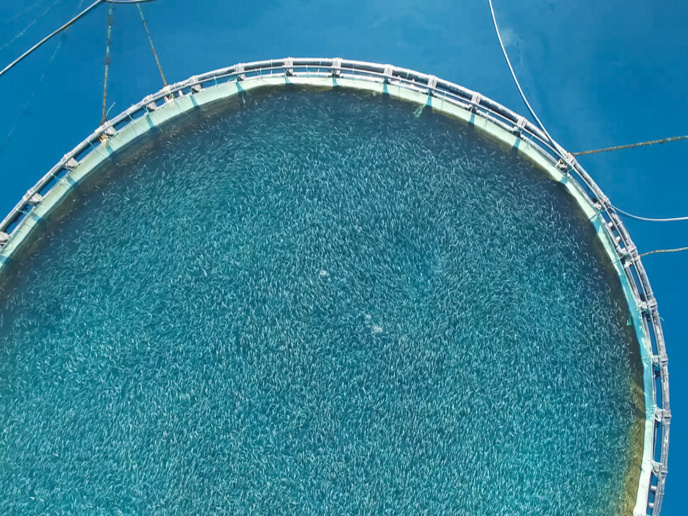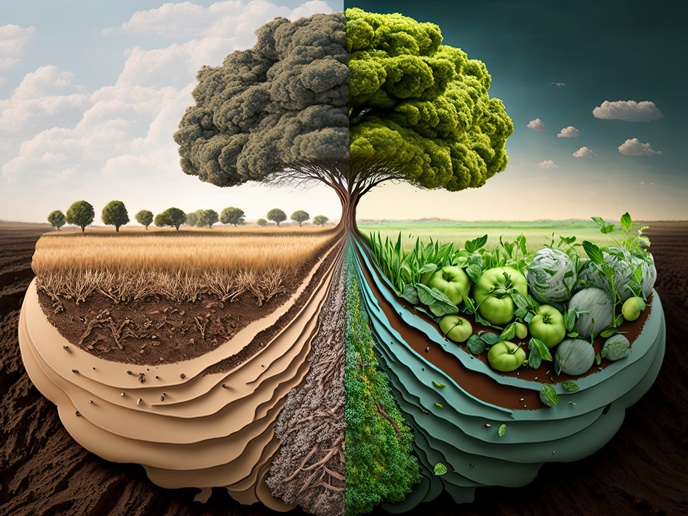Innovative aquaponics model shows the way to sustainable aquaculture
While the Black Sea presents enormous economic opportunities, sustainable use of the sea’s marine resources is critical to ensuring the long-term viability of fish stocks. One possible solution is aquaponics. This sustainable production concept integrates fish farming for commercial purposes with the hydroponic cultivation of plants. In aquaponic systems, fish manure provides plants with nutrients, either directly or after bacteria have converted ammonia into nitrites or nitrates. “A major advantage of aquaponics is that two production streams – vegetables and fish – are obtained with a single input of fish feed,” explains ECOFISH (Research on the potential conversion of conventional fish farms into organic by establishing a model and good practice guide) project coordinator Adrian Turek-Rahoveanu, professor at the University of Agronomic Sciences and Veterinary Medicine of Bucharest(opens in new window), Romania. “Vegetable production is incredibly efficient due to the permanent supply of water and nutrients. Vegetables can also be grown vertically, reducing the amount of land needed. No herbicides or pesticides are required.” A key challenge however is the fact that aquaponics requires high investment costs at the beginning, as well as specialised expertise. “Personnel need to have knowledge of both the fish and the plants to be cultivated,” notes Turek-Rahoveanu. “Water pumps have to work permanently, which drives up electricity costs.” Overcoming these obstacles may help the region become more resilient in the face of global warming, drought and reduced water resources. “Aquaponic systems do not depend on the environment or climate,” he says. “They are located in spaces with controlled temperature and are independent of the soil.”
Environmentally friendly aquaculture
In this context, the ECOFISH project was launched in order to promote aquaponic systems in the region, and involved some Romanian partners, amongst others. This research was undertaken with the support of the Marie Skłodowska-Curie Actions programme. “Our aim was to help aquaculture businesses adopt more environmentally friendly measures, to achieve greater resource efficiencies and to add more value to their end products,” explains Turek-Rahoveanu. To achieve this, the project team brought together several research institutes and universities to develop an aquaponic production platform. A study of fish farms in the south-eastern region of Romania was conducted. These results fed into the design of an aquaponic recirculating system. The model is designed to meet the requirements of potential beneficiaries, such as existing fish farmers in the region, as well as entrepreneurs interested in the economic possibilities of sustainable aquaculture. “In addition to defining the technological aspects, we also assessed economic risk, and how fish farms can use aquaponics to increase their economic competitiveness,” says Turek-Rahoveanu. These findings are available in project papers such as the ‘Economic Feasibility Analysis of Aquaponics’. The project’s aquaponics model has since been widely disseminated to fish farmers in the region, as well as to local communities where there is potential for farming fish, crayfish and shrimp.
Future of fish farming
The ECOFISH project consortium intends to continue building on this work. Further research will include an in-depth study of recirculating systems, in order to achieve even greater production efficiencies. This work is very much in line with the 2018 Sofia Ministerial Declaration(opens in new window), which called for the Black Sea region countries to achieve more sustainable fishing and aquaculture. “The research team that participated in this project is currently drawing up more detailed business plans for future aquaponic fish farms in the south-eastern region of Romania,” notes Turek-Rahoveanu. “We are confident that this innovation will bring economic and environmental benefits to the region.” What the project team is really looking forward to, he adds, is witnessing the establishment of the first aquaponic fish farms in Romania: “Our project will have played a part in this, through the support and advice that our research teams have been able to give.”







